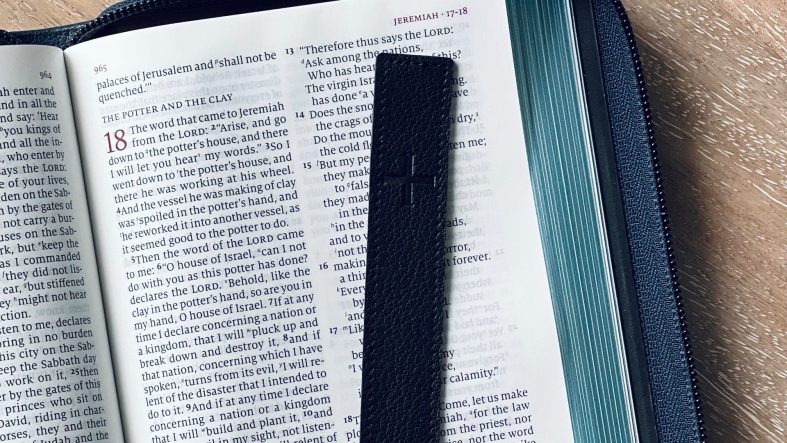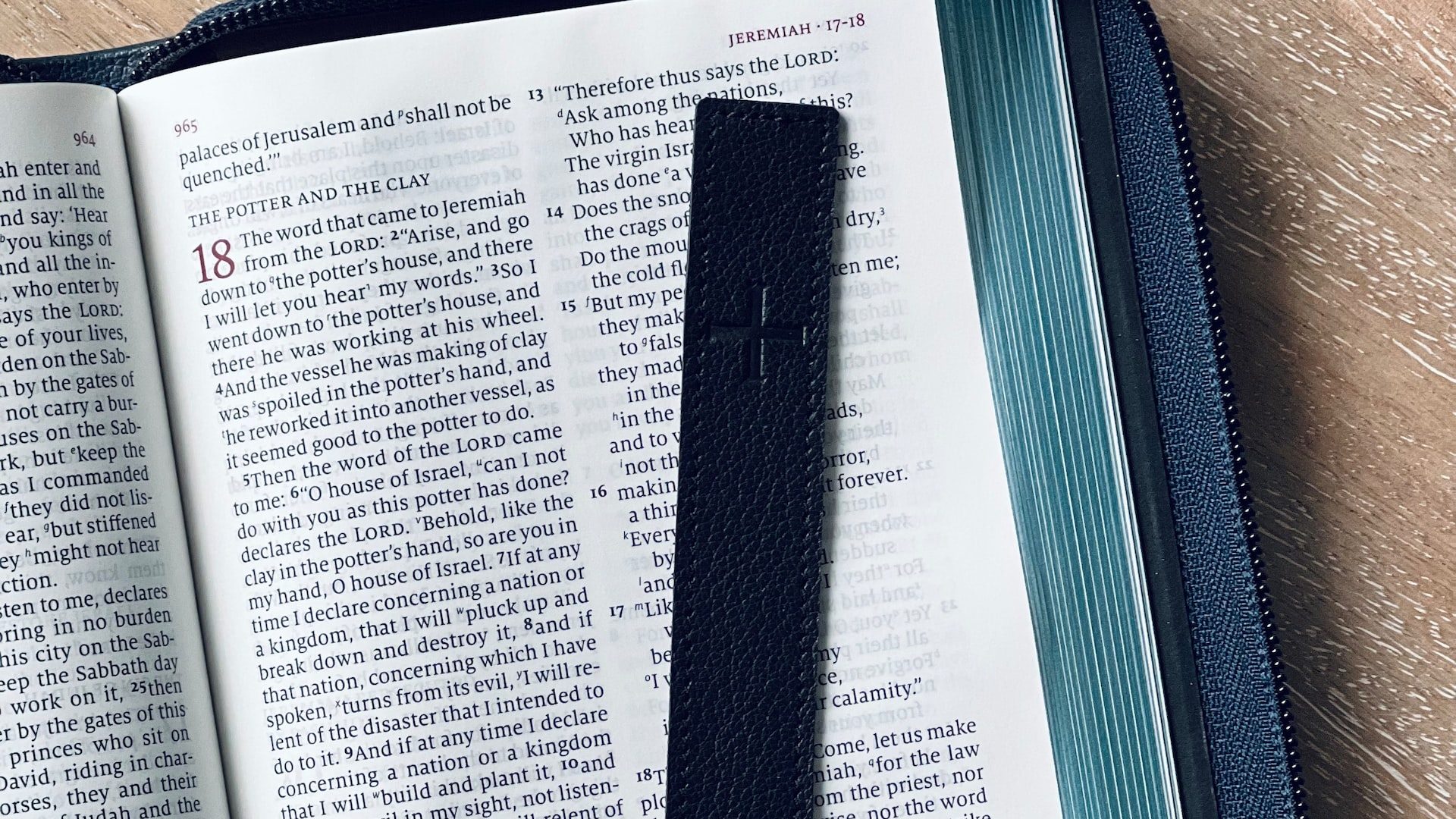Once upon a time, “Moses was keeping the flock of his father-in-law, Jethro, the priest of Midian, and he led his flock to the west side of the wilderness and came to Horeb, the mountain of God.”[1] It seemed like a normal day for a shepherd until he saw a burning bush, but not any burning bush. This one, though on fire, was not consumed by the fire. As anyone would, Moses was curious and stopped to look. Then, “When the LORD saw that he turned aside to see, God called to him out of the bush, ‘Moses, Moses!’ And he said, ‘Here I am.’”[2] [emphasis mine]
But just a few verses later, “Moses said to God, ‘Who am I that I should go to Pharaoh and bring the children of Israel out of Egypt?’”[3] Moses’ “Here I am” quickly became a “Who am I,” and why? Because God had spoken to Moses from the bush saying that He had come to deliver the Jews from their affliction as slaves under the Egyptians. God wanted Moses to be His representative before Pharaoh, but Moses objected not just this one time, but three more times:
“Then Moses said to God, ‘If I come to the people of Israel and say to them, ‘The God of your fathers has sent me to you,’ and they ask me, ‘What is his name?’ what shall I say to them?’” – Exodus 3:13
“Then Moses answered, ‘But behold, they will not believe me or listen to my voice, for they will say, ‘The LORD did not appear to you.’’” – Exodus 4:1
“But Moses said to the LORD, ‘Oh, my Lord, I am not eloquent, either in the past or since you have spoken to your servant, but I am slow of speech and of tongue.’” – Exodus 4:10
“What should I say?” “Who are you?” “What if they don’t listen?” “I’m not a good speaker” …These were the objections Moses weighed against the fact staring him in the face that God was there, burning a bush without the fire consuming it. Moses went from amazement to avoidance incredibly fast, once given a seemingly difficult task.
It’s easy to criticize Moses, but do we also change our view of God, and of ourselves, based on what God asks us to do? Do we praise God on Sunday morning and in our private times, yet say we’re busy when asked to do something specific for God that might be uncomfortable?
If so, all of us, and Moses, are in plentiful company. Gideon likewise pushed back on God’s call in Judges 6:15 – “And he said to him, ‘Please, Lord, how can I save Israel? Behold, my clan is the weakest in Manasseh, and I am the least in my father’s house.’”[4]
Jeremiah tried to argue with God in Jeremiah 1:6 – “Then I said, ‘Ah, Lord GOD! Behold, I do not know how to speak, for I am only a youth.’”[5]
Isaiah, like the others, claimed he was no good for what God asked him to do, and in Isaiah 6:5 “said: ‘Woe is me! For I am lost; for I am a man of unclean lips, and I dwell in the midst of a people of unclean lips; for my eyes have seen the King, the LORD of hosts!’”
Back to Moses’ case, he was either certain that a God who could make a bush burn without it being consumed could not empower him to speak, or just too scared to do what God had asked. However, if we rely on God, who is always the I AM, we can do whatever He asks. But if we focus on who we are, we cannot. Our “Here I am” will became a “Who am I” when we feel inadequate.

We can read on and learn that later, God had strengthened the faith of this same Moses, so that when Israel was terrified and cornered against the Red Sea, with Pharaoh’s army approaching, he declared: “Fear not, stand firm, and see the salvation of the LORD, which he will work for you today. For the Egyptians whom you see today, you shall never see again. The LORD will fight for you, and you have only to be silent.”[6] The Moses who was once full of excuses was used by God to deliver a nation.
If God is asking you to do something difficult or uncomfortable today, you know what to do. We can’t read on to the rest of our story, but He has, and He knows what He is doing.
[1] Exodus 3:1
[2] Exodus 3:4
[3] Exodus 3:11
[4] I wrote about Gideon’s call in Giving Gideon the Benefit of the Doubt
[5] Likewise, in God Equips Those He Calls
[6] Exodus 13:13b-14





